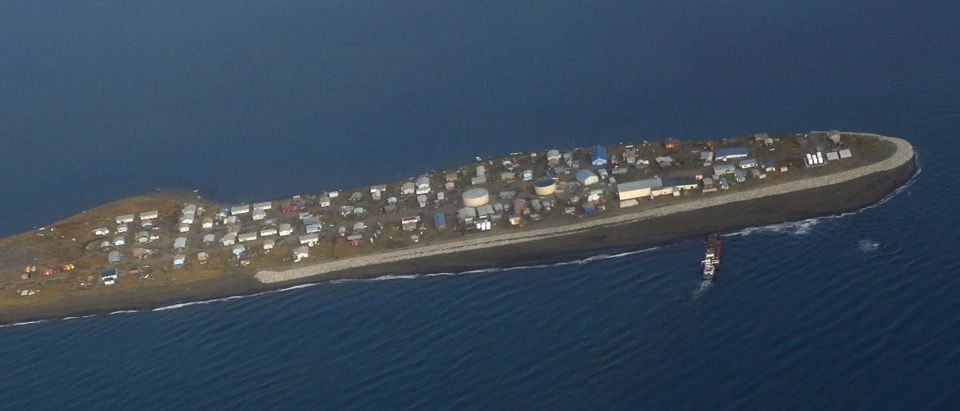The New York Times published an article Tuesday claiming American Indians in southern Louisiana are America’s first “climate refugees” because their island home is being swallowed by the sea.
Over the years, a variety of media outlets have been reporting Alaskan natives living in the coastal towns of Newtok and Kivalina were America’s first so-called climate refugees.
Now, the Times declared the Biloxi-Chitimacha-Choctaw tribesmen of Isle de Jean Charles are America’s first “climate refugees” — people forced out of their homes because of man-made global warming. This headline marks at least the third time media outlets have claimed to have found America’s first climate refugees.
The Times reports the 25 families still living on Isle de Jean Charles got $48 million from the Obama administration in January to relocate from their sinking island. Isle de Jean Charles has lost more than 90 percent of its land mass, which is located in wetlands, since the 1950s due to logging, oil and gas drilling, flood control subsidence and sea level rise.
The relocation is the first time a government has used global warming to justify moving people, but it’s not the first time the media claimed to have identified America’s first climate refugees.
The Guardian published a lengthy series in 2013 about the plight of Newtok, Alaska, and the natives who live there. The Guardian said these people were “America’s first climate refugees” and were “living a slow-motion disaster that will end, very possibly within the next five years, with the entire village being washed away.”
The Atlantic also ran a long piece on Newtok’s struggles, reporting that “residents saw the water creeping closer every year, gobbling up fields where they used to pick berries and hunt moose.”
The New York Times even wrote a piece on Newtok in 2007, reporting that the permafrost the island town sits upon “is melting, yielding to warming air temperatures and a warming ocean.”
Media outlets have additionally reported extensively on the town of Kivalina, Alaska, which famously sued oil companies for causing global warming in 2008. Kivalina, like Newtok, is a coastal town in northern Alaska threatened by sea level rise due to erosion.
Public Radio International published an article in August asking “Will these Alaska villagers be America’s first climate change refugees?” But the media’ interest in Kivalina stretches back years.
The BBC ran a lengthy piece in 2013 warning Kivalina could be wiped off the face of the Earth. Kivalina could be remembered “as the birthplace of America’s first climate change refugees,” the BBC warned.
“The sea has sustained them for countless generations but in the last two decades the dramatic retreat of the Arctic ice has left them desperately vulnerable to coastal erosion,” the BBC reported. “No longer does thick ice protect their shoreline from the destructive power of autumn and winter storms. Kivalina’s spit of sand has been dramatically narrowed.”
Follow Michael on Facebook and Twitter
All content created by the Daily Caller News Foundation, an independent and nonpartisan newswire service, is available without charge to any legitimate news publisher that can provide a large audience. All republished articles must include our logo, our reporter’s byline and their DCNF affiliation. For any questions about our guidelines or partnering with us, please contact licensing@dailycallernewsfoundation.org.


